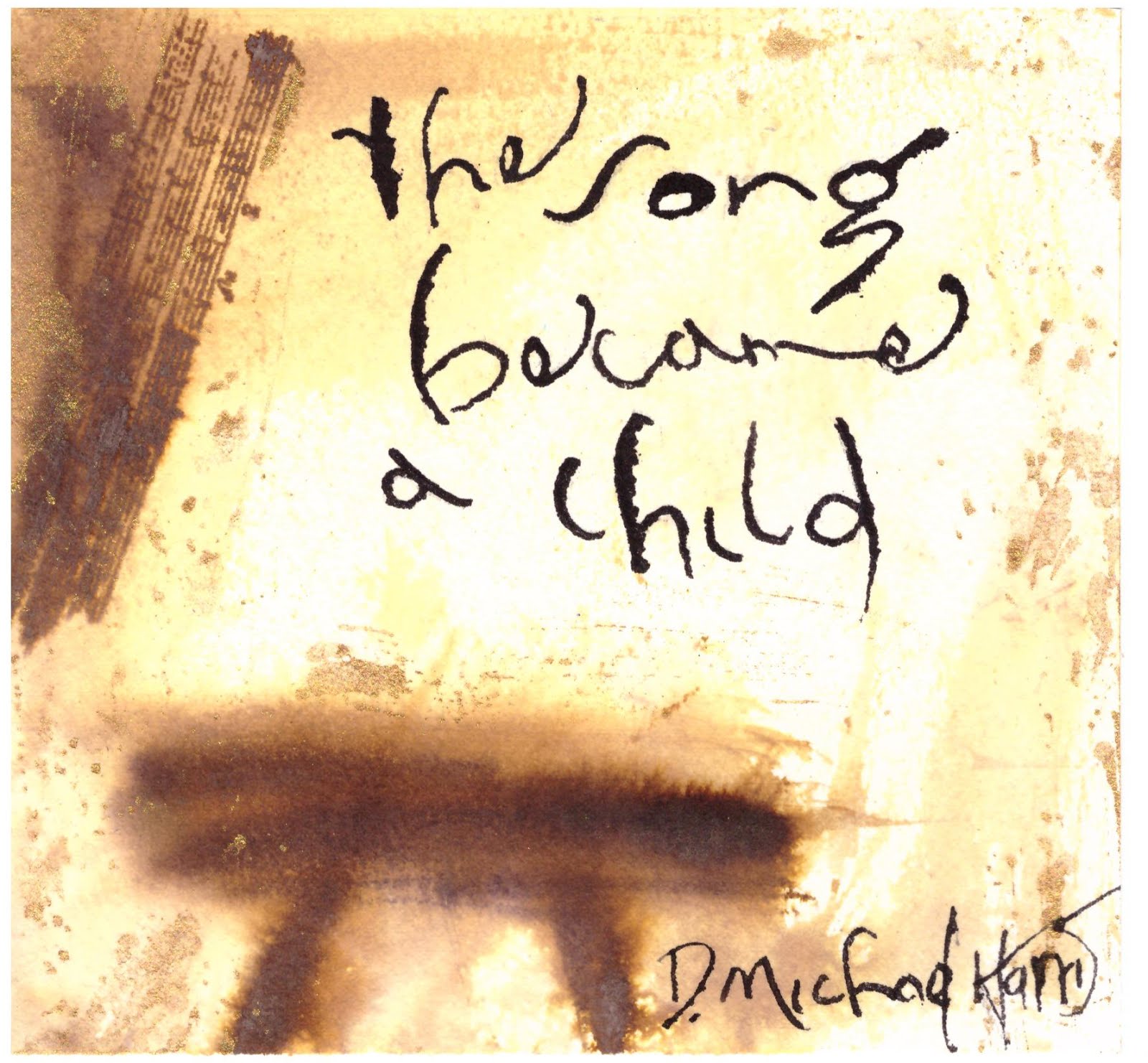
Last week I started a new series here at
terra incognita, intending to give a cultural and/or theological analysis of
Gravity Falls, an animated Disney series about the mysterious and the unexplained that my kids really like. The idea for this series came to me when I started noticing some curious parallels between
Gravity Falls, and that
other cartoon about the mysterious and unexplained-the one
you grew up with. I’m talking, of course, about
Scooby Doo.
Just in case you didn’t grow up with it, let me set the scene.
Scooby Doo was an animated series by Hanna-Barbera that originally ran from 1969-1975, with a number of spin-off and follow-up series from '76-'91, and reruns and revivals right up to the present day.
The show followed the mystery-solving misadventures of four teenagers—Fred, Daphne, Velma and Shaggy—along with their talking Great Dane, Scooby Doo. They drove around in a green van,
The Mystery Machine, exposing paranormal activity and solving crimes. Every episode followed the same basic plot. The teens stumble across some mystery or other that involves a spooky legend or a supernatural creature, mostly ghosts, vampires, werewolves and the like. With some careful sleuthing and a few
zoinks!-inducing monster-chases, they inevitably discover that the particular paranormal oddity of the week is really just an elaborate hoax, concocted by a local criminal using the ghost-story to cover up his crimes.
Those who grew up with the show will remember the iconic “unmasking scene” at the end of every episode, where the kids finally catch the ghoul in question, and reveal that it was really ... the town mayor, or the local professor, or the museum’s curator, or some other flesh-and-blood character who seemed innocent enough when we met him earlier on in the episode. He’s subsequently taken off to jail, muttering some variation on “And I would have gotten away with it, if it hadn't been for you meddling kids!”
If this little stroll down amnesia lane has triggered any memories for you, let me draw some lines between
Scooby Doo then and
Gravity Falls now.
There are, of course the obvious parallels. Both
Scooby Doo and
Gravity Falls is about four young people sleuthing their way to the bottom of a bunch of paranormal mysteries. In
Scooby Doo they use the Mystery
Machine as their base of operations; in
Gravity Falls it’s the Mystery
Shack, but mystery-solving is the order of the day in both.
Then there are the more subtle parallels. In
Scooby-Doo, comic relief was provided especially by Shaggy, a bungling man-boy with a voracious appetite and a scruffy goatee, who used 1960s teenage slang like “man” and “like.” In
Gravity Falls it’s Soos, a bungling man-boy with a voracious appetite and a scruffy goatee, who uses slang like “dudes” and “totally.” In
Scooby Doo, Daphne was an attractive, red-headed teen, the love interest for Fred (we all assumed, though this was never made explicit); in
Gravity Falls, it’s Wendy, an attractive red-head who works at the Mystery Shack and is quite clearly Dipper’s crush. Velma was the brainiac in
Scooby Doo, the one who usually got them to the bottom of every mystery; in
Gravity Falls, this role is taken up by Dipper.
These coincidences may all be just that—a coincidence—or it may be that the makers of
Gravity Falls were as influenced by
Scooby Doo’s antics as I was growing up. There is, of course, no anthropomorphic dog to parallel Scooby Doo himself, but then, Mabel does have her pet pig Waddles, who achieves a similar comic effect.
I’ll leave more seasoned fans of either show to speculate about these similarities. What I’m more interested in today—what gets us, actually, closer to the
theological meaning of
Gravity Falls as a cultural phenomenon—is their differences.
Because despite the parallels, there is one very significant difference between
Scooby Doo and
Gravity Falls, a difference that helps us put our finger on one of the deep down longings of our post-modern world. In
Scooby Doo, the ghost, ghoul or supernatural oddity in question always turns out to be a flesh-and-blood human being perpetrating an elaborate hoax, with the express purpose of hiding a crime. Superstitious townsfolk and back-woods hillbillies were always taken in by the ruse, but logical, skeptical Velma and her friends were able to follow the evidence to a natural cause. Science writer Carl Sagan actually praised the show for precisely this narrative format—young people unmasking the superstitions of the older generation, to reveal a manipulative, even criminal puppet master pulling the strings behind the mask. In so far as it underlined his conviction that all things supernatural must have a rational explanation, he went so far as to suggest that “an adult analogue to
Scooby-Doo would be a great public service.”
Theologians have a name for this way of looking at the world—the skeptical assumption that every paranormal odditiy has an altogether normal explanation, that we’ll get to if we’ll just follow the evidence with enough determination not to be taken in. They sometimes call it a “disenchanted worldview.” “Worldview,” because it’s a way of viewing the world. “Disenchanted,” because it has rationally explained away—unmasked, as it were—things that in earlier eras or other cultures we’d chalk up to enchantment: spirits, ghosts, demons, magic, the supernatural.
In a fascinating
blog post on the Scooby Doo cartoons, psychologist Richard Beck interprets the show as a parable for the disenchanted world view of our modern world. In his words: “The episodes begin with enchantment, with a supernatural monster ... But as the kids investigate they get suspicious, reason asserts itself and the monster--the agent of the occult--is eventually revealed to be Mr. Jenkins the greedy banker. The story ends with disenchantment. The supernatural was simply a ‘cover’ for workaday greed, theft and corruption"
If Richard Beck’s on to anything, then you can’t help but notice that some 40 years after
Scooby Doo, Gravity Falls has radically reversed the narrative. The story line of every
Gravity Falls episode involves Dipper and his friends tracking down a very real supernatural entity, something or other in the woods that the older generation (those raised on
Scooby Doo, presumably) have dismissed as an urban legend, explained away as irrational, or just plain don't know about. Armed with his enigmatic journal (written by who-knows-who?) and a determination not to be taken in by
mere reason, Dipper is able to unmask the supernatural mysteries lurking beneath and behind the everyday,
using everyday reason as a guide.
In short: if
Scooby Doo was about the disenchantment of the world,
Gravity Falls is about the world’s
re-enchantment. The heroes of
Gravity Falls explain the supernatural, but they don’t
explain it away.
Social theorists tell us that we live in something called the post-modern era, a western cultural epoch where people are less and less satisfied with the logic and reason that characterized the modern era, and are increasingly open to things like mystery, wonder and spirituality. If this is true, we might hold a popular Disney Show like
Gravity Falls up against a 1969 classic like
Scooby Doo, as ground-level evidence.
Could that be a deep-down longing for re-enchantment that we’re actually hearing, in all those accolades to
Gravity Falls floating around on internet?
Could the popularity of
Gravity Falls really be voicing our culture’s profound dissatisfaction with the disenchanted worldview of the modern era?
Maybe, maybe not. But if it is—even if it might be—then this might be a good place to point it out, that whatever else is true about a Christian Worldview, it is an enchanted worldview, in the very best sense of that term. Christians believe that the Creator has been, and is now at work in the world in ways that are
invisible, mysterious, miraculous, and not necessarily beholden the rules of systematic logic as we perceive them; he makes his angels spirits and his ministers flames of fire; the heavens declare in every speech the glory of the Lord.
There
is more going on in heaven and earth than is dreamed of in your philosophy, Shaggy.
We’d probably have different things to say than the makers of
Gravity Falls about how and why this is so, but in this one thing, I think, we’d agree: our contemporary Western worldview would’t suffer from a little re-enchantment, after all; and a little healthy skepticism about our
all-too-rational skepticism is probably as good a place as any to start.
 Psychologists trained in the art of lie detection
sometimes describe a phenomenon called “duping delight”—an intense, often
uncontrollable thrill that people experience when they’re in the midst of a lie
and getting away with it. Often “duping
delight” manifests itself in a nervous laugh or a fleeting smile that seems
inappropriate to the context or the situation.
Psychologists trained in the art of lie detection
sometimes describe a phenomenon called “duping delight”—an intense, often
uncontrollable thrill that people experience when they’re in the midst of a lie
and getting away with it. Often “duping
delight” manifests itself in a nervous laugh or a fleeting smile that seems
inappropriate to the context or the situation. 





































